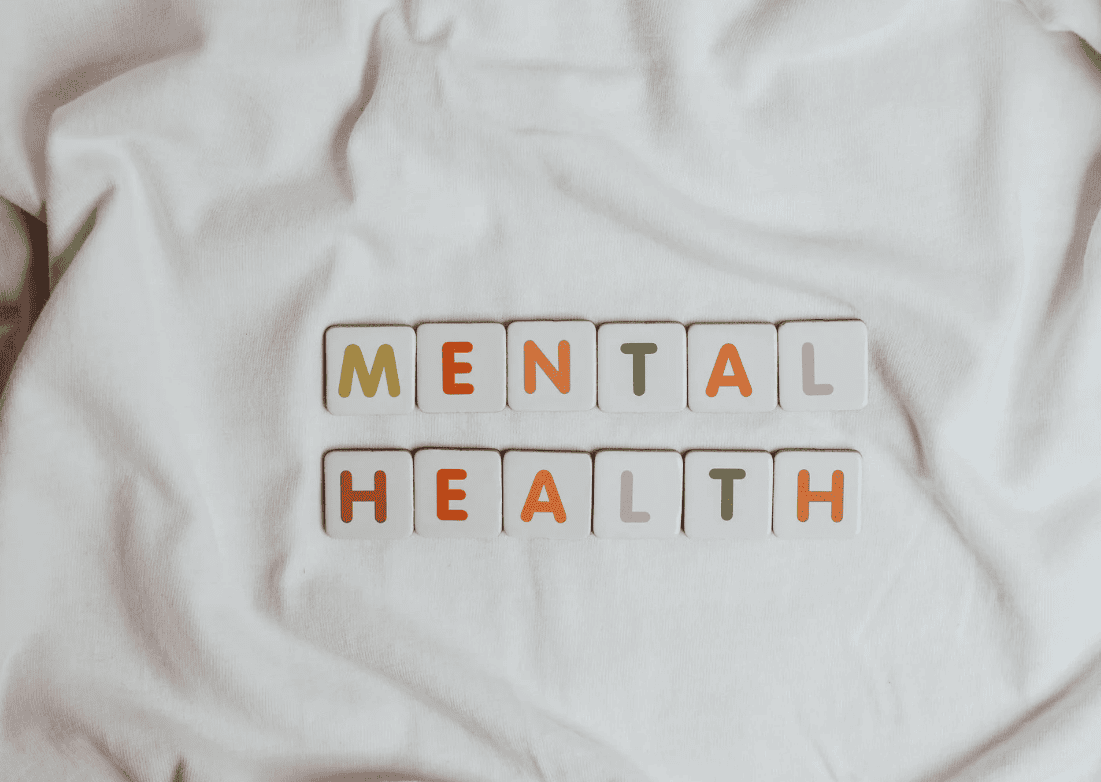Mental health care has long been fraught with systemic gaps, social stigmas, and access barriers. As societies gradually shift toward recognizing the significance of psychological well-being, the demand for patient-centric mental health support systems continues to increase.
Traditional models of psychiatric care, however, often lack the personalized advocacy that individuals with mental health conditions require. In response to this shortfall, a new role has emerged as a powerful ally in reshaping mental health support—the nurse advocate.
Nurse advocates are more than just healthcare professionals delivering clinical support. They serve as informed guides, confidants, and facilitators, committed to ensuring that mental health patients receive the respect, understanding, and individualized care they deserve.
Through direct engagement, education, and policy navigation, these advocates champion their patients’ rights and needs, often becoming the crucial link between vulnerable individuals and an otherwise overwhelming healthcare system.
The rise of the nurse advocate comes at a time when mental health disorders are increasingly recognized as legitimate and complex medical conditions requiring nuanced support. The convergence of clinical knowledge and advocacy skills enables nurse advocates to operate across diverse care settings, from hospitals and outpatient clinics to community outreach programs.
By bridging the divide between medical services and patient needs, they are not only redefining support structures but also reshaping the narrative surrounding mental health itself.
Educational Empowerment: The Bedrock of Effective Advocacy
Becoming an impactful nurse advocate requires more than compassion and commitment—it demands a solid foundation in advanced clinical education and mental health specialization.
As the mental health landscape grows more intricate, nurse advocates must develop the acumen to assess, diagnose, and treat psychological conditions while simultaneously advocating for systemic change and patient empowerment.
One of the most effective pathways for cultivating this dual capability lies in psychiatric NP online programs. These programs equip nurses with the specialized training necessary to handle complex psychiatric conditions while fostering the critical thinking and leadership qualities essential for advocacy roles.
The flexibility of online education enables working professionals to balance practical experience with academic growth, allowing them to apply classroom principles to real-world scenarios in real-time. As a result, graduates are uniquely positioned to serve as both clinical experts and change agents within the mental health care ecosystem.
This integration of higher education into the role of nurse advocacy underscores its essentiality. By advancing their education, nurse advocates elevate the quality of care they provide and enhance their credibility among peers, administrators, and policy-makers.
Their educational background becomes a catalyst for driving institutional change, improving patient outcomes, and dismantling long-standing stigmas surrounding mental illness.
The Multidimensional Role of the Nurse Advocate
The responsibilities of a nurse advocate extend far beyond bedside care. They encompass a holistic view of the patient’s journey, addressing not just clinical symptoms but also emotional, social, and logistical challenges.
Nurse advocates often serve as the primary point of contact for patients navigating a fragmented mental health care system—interpreting complex diagnoses, facilitating access to services, and ensuring that treatment plans align with the patient’s goals and values.
This multidimensional role requires exceptional communication and interpersonal skills. Nurse advocates must build trust with patients who may be vulnerable, fearful, or mistrustful due to past experiences.
Through active listening, empathy, and consistent support, they help patients regain a sense of agency in their treatment process. Equally important is their collaboration with multidisciplinary teams, ensuring that all providers involved in a patient’s care are aligned and informed.
Advocates also play a key role in policy and institutional reform. They identify systemic issues—such as discriminatory practices, lack of resources, or inadequate training—and bring these concerns to the attention of decision-makers.
In many cases, nurse advocates become voices for populations that are otherwise marginalized, advocating for changes that lead to more equitable and accessible mental health care systems.
Fostering Trust and Human Connection
The therapeutic relationship between a mental health patient and their caregiver is fundamental to recovery. For many patients, the presence of a nurse advocate can make the difference between feeling isolated and feeling supported. These professionals provide a consistent, reassuring presence, often forming the emotional anchor that enables individuals to navigate the turbulence of mental health treatment.
This trust is not easily won. Patients dealing with mental health challenges may experience shame, fear, or hopelessness—emotions that can impede open communication. Nurse advocates work patiently to build rapport, meeting individuals where they are and validating their experiences without judgment. By creating a safe space for dialogue, they empower patients to articulate their needs and preferences, fostering a sense of collaboration rather than compliance.
The importance of human connection cannot be overstated. In an era increasingly dominated by digital interactions and administrative processes, nurse advocates restore the human element to mental health care. Their advocacy is rooted in empathy and driven by a deep understanding of the lived experiences of those they support. This relational approach not only improves patient satisfaction but also contributes to better clinical outcomes and long-term stability.
Challenges and the Path Forward
While the emergence of nurse advocates signals a progressive shift in mental health care, it is not without its challenges. Advocates often operate within institutions that are slow to change or resistant to new roles. They may encounter bureaucratic obstacles, limited funding, or colleagues who do not fully understand or value their contributions. These barriers can hinder their effectiveness and contribute to professional burnout.
Additionally, the emotional toll of advocacy work is significant. Engaging daily with trauma, crisis, and systemic injustice can affect the mental well-being of the advocates themselves.
As such, institutional support, ongoing training, and access to professional development resources are critical to sustaining the momentum of this role. Empowering nurse advocates also means safeguarding their mental health and recognizing the labor-intensive nature of their work.
As the mental health crisis continues to challenge communities worldwide, the need for holistic, patient-centered approaches becomes increasingly urgent. The nurse advocate emerges as a key figure in this evolving landscape—merging clinical excellence with advocacy, empathy with action, and education with empowerment. Their influence extends beyond the individuals they serve, shaping institutions, policies, and perceptions in ways that bring us closer to a more humane and inclusive system of mental health care.






























